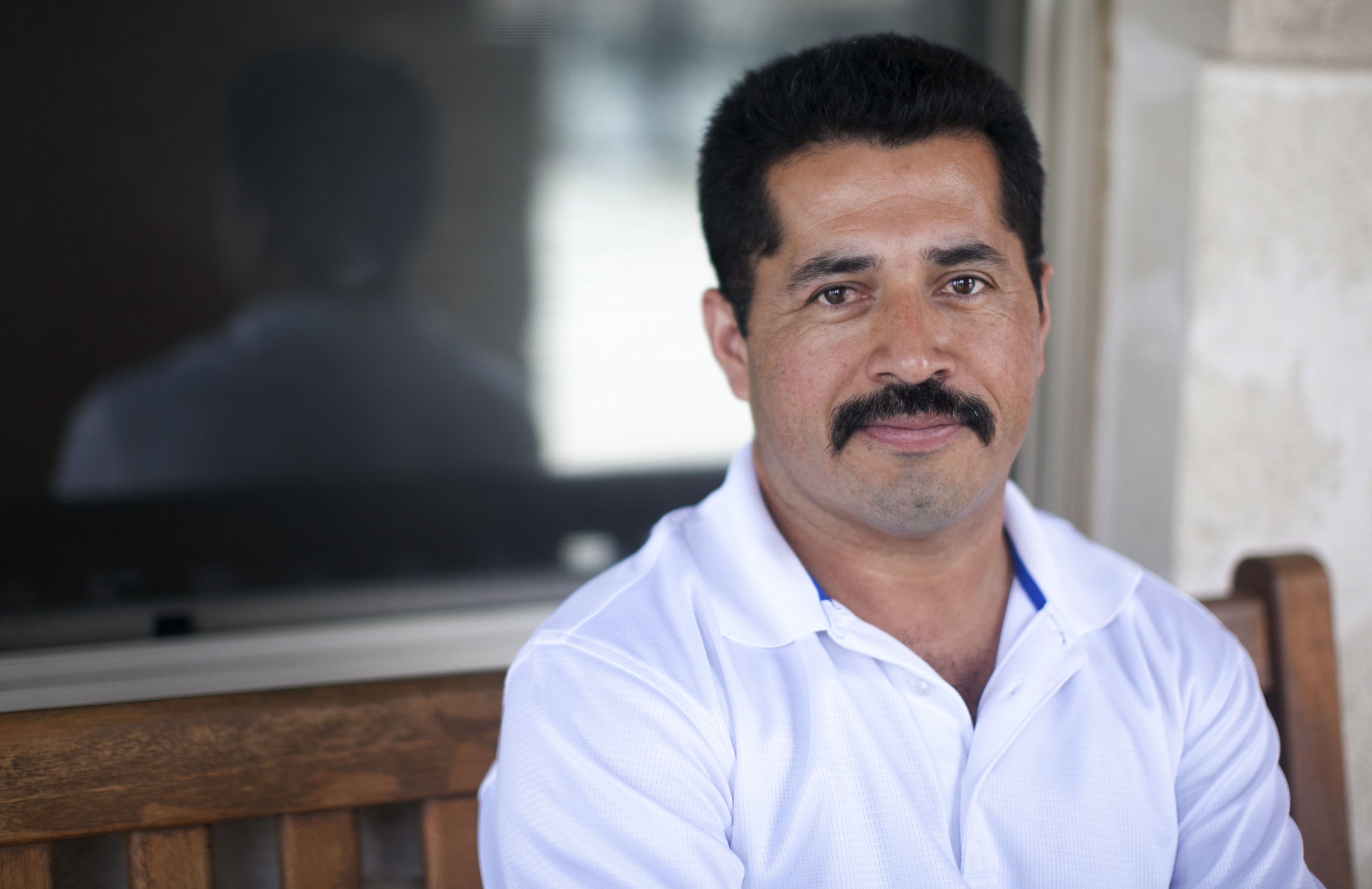Our breathless post yesterday on the rise of #VoterID on Twitter apparently was too early.
Combined with mentions today, in 24 hours on social media search engine Topsy.com there were 20,937 mentions.
How does that translate into real political effects? Twitter users are talking about the State of Texas v. Attorney General Eric Holder, and are starting to make questions of poll access and voting rights key to the 2012 election.
Intrepid reporters are entering some of the final editing and data entry stages for various News21 projects. Stay tuned to this blog for more updates, and be prepared for our August rollout.
First, what other people have been writing about our research area.
What We’ve Been Reading
“Florida, Iowa target voting rights for ex-felons,” (Shawn Ghuman, 07/11, USA Today)
“In Pennsylvania, the Rosa Parks of voter ID face down GOP voter suppression,” (Nicolaus Mills, 07/11, The Christian Science Monitor)
“Eric Holder says recent studies show 25 percent of African Americans, 8 percent of whites lack government-issued photo IDs,” (Austin-American-Statesman, 07/10, PolitiFact Texas)
“Will Pennsylvania’s Voter ID Law Cost Obama the Election?” (Eric Andrew-Gee, 07/10, The New Republic)
“Most Voters Favor Photo ID at Polls, Don’t See It As Discrimination,” (Rasmussen Poll, 07/11, Rasmussen Reports)
“With No Disavowal of Voter ID, Romney Received Coldly at NAACP,” (Ari Berman, 07/11, The Nation)
Twitter Trends
Mentions of #VoterID are spiking. It’s a term at the heart of the annual NAACP convention in Houston and the U.S. District Court hearing underway in Washington, D.C.
But we’re also seeing a slight rise in mentions of #VoterSuppression, which could stem from the apparent fallout from likely Republican presidential candidate Mitt Romney’s diluted appearance before the NAACP. He avoided controversial Republican-sponsored voter ID laws which opponents, including Holder, say unfairly target minority voters. That dodge might have hurt his reception, observers noted this afternoon.
We’re most interested in seeing what likely will come about next week, when the NAACP conference and the Texas voter ID hearing fade from and the latest presidential campaign buzz gains steam.
We’ll tell what all that looks like then, but until Monday, be sure to follow @LindseyRuta and @AnneliseRussell from the D.C. courtroom and the entire newsroom @WhoCanVote.

